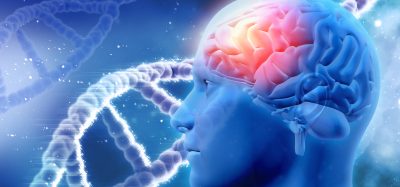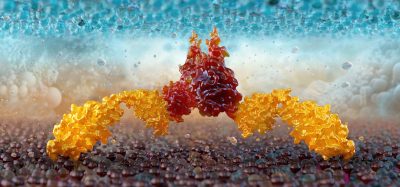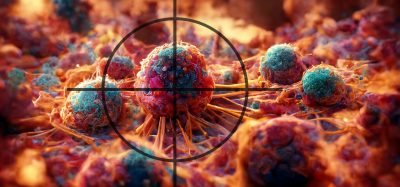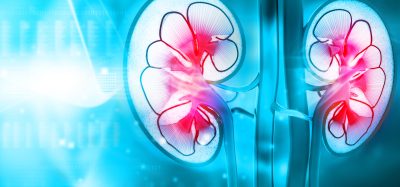Reversing malignant cancer cells to a normal state
Posted: 3 April 2024 | Drug Target Review | No comments yet
A new proof-of-principle study demonstrates the DCAF5 protein is a promising target, which could avoid the need for toxic therapies.
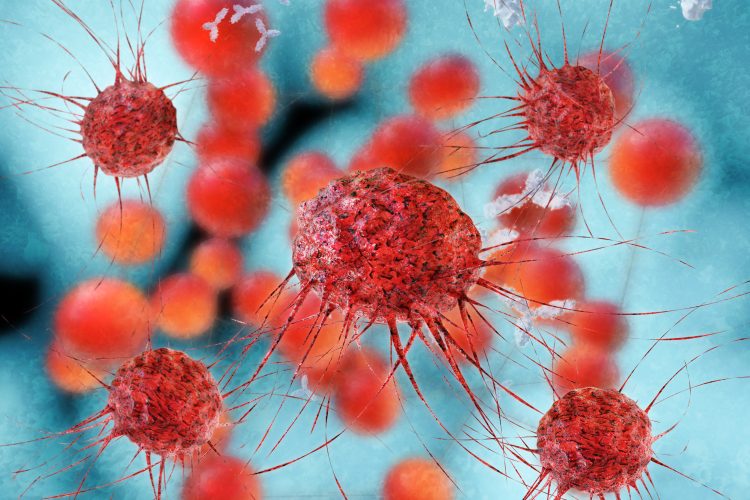

Researchers from the St. Jude Children’s Research Hospital have reverted malignant cells in rhabdoid tumours, an aggressive cancer missing a crucial tumour suppressor protein, towards a more normal state. The study’s results demonstrated that with the missing tumour suppressor, deleting or degrading the quality control protein DCAF5 reversed the cancer cell state, suggesting a novel approach to curing cancer whilst avoiding toxic therapies.
Senior author Dr Charles Roberts, Executive Vice President and St. Jude Comprehensive Cancer Center director, said: “Rather than making a toxic event that kills rhabdoid cancer, we were able to reverse the cancer state by returning the cells toward normal…This approach would be ideal, especially if this paradigm could also be applied to other cancers.”
First author Dr Sandi Radko-Juettner, Research Program Manager for the Hematological Malignancies Program at St. Jude commented: “We found a dependency which actually reverses the cancer state…Standard cancer therapies work by causing toxicities that also damage healthy cells in the body. Here, it appears that we’re instead fixing the problem caused by the loss of a tumour suppressor in this rhabdoid cancer.”
Frequently, cancers are caused by a missing tumour suppressor protein, so there is nothing to target directly. Loss of tumour suppressors is much more common than a protein gaining the ability to drive cancer. Therefore, discovering a way to intervene therapeutically in these tumours is a high priority. When the scientists found an innovative approach to treatment, they were investigating a way to treat an aggressive set of cancers caused by the loss of the tumour suppressor protein SMARCB1.
The group discovered that the DCAF5 protein was crucial to rhabdoid tumours missing SMARCB1. They identified DCAF5 as a target, using the Dependency Map (DepMap) portal, a database of cancer cell lines and the genes critical for their growth. DCAF5 was a top dependency in rhabdoid tumours, so the researchers genetically deleted or chemically degraded DCAF5. The cancer cells reverted to a non-cancerous state, persisting in a long-term mouse model.
Typically, SMARCB1 is an essential component of a larger chromatin-regulating complex of proteins called the SWI/SNF complex. Unexpectedly, the study found that in the absence of SMARCB1, DCAF5 recognises SWI/SNF as abnormal and destroys the complex. The researchers showed that when DCAF5 degrades them, SWI/SNF re-forms and maintains its ability to open chromatin and regulate gene expression. While the SWI/SNF activity level in the absence of SMARCB1 was to a lesser extent than usual, it was nonetheless sufficient to reverse the cancer state fully.
“The mutation of SMARCB1 shuts off gene programs that prevent cancer. By targeting DCAF5, we’re turning those gene programs back on,” Dr Radko-Juettner elucidated. “We’re reversing the cancer state because the cell is becoming more ‘normal’ when these complexes aren’t targeted for destruction by DCAF5.”
She continued: “From a therapeutic perspective, our results are fascinating…DCAF5 is part of a larger family of DCAF proteins that have been shown to be drug targetable. We showed that when DCAF5 is absent, mice had no discernible health effects, so we could potentially target DCAF5. This can kill the cancer cells but shouldn’t affect healthy cells. Targeting DCAF5 thus has the potential to avoid the off-target toxicity of radiation or chemotherapy, making it a promising therapeutic avenue to pursue.”
“We have demonstrated a beautiful proof of principle,” Dr Roberts concluded. “Myriad types of cancers are caused by tumour suppressor loss. We hope we may have opened the door to thinking about new ways to approach targeting at least some of these by reversing, instead of killing, cancer.”
This study was published in Nature.
Related topics
Cancer research, Chemotherapy, Drug Targets, Protein
Related conditions
Cancer Research, rhabdoid cancer
Related organisations
St Jude Children’s Research Hospital




